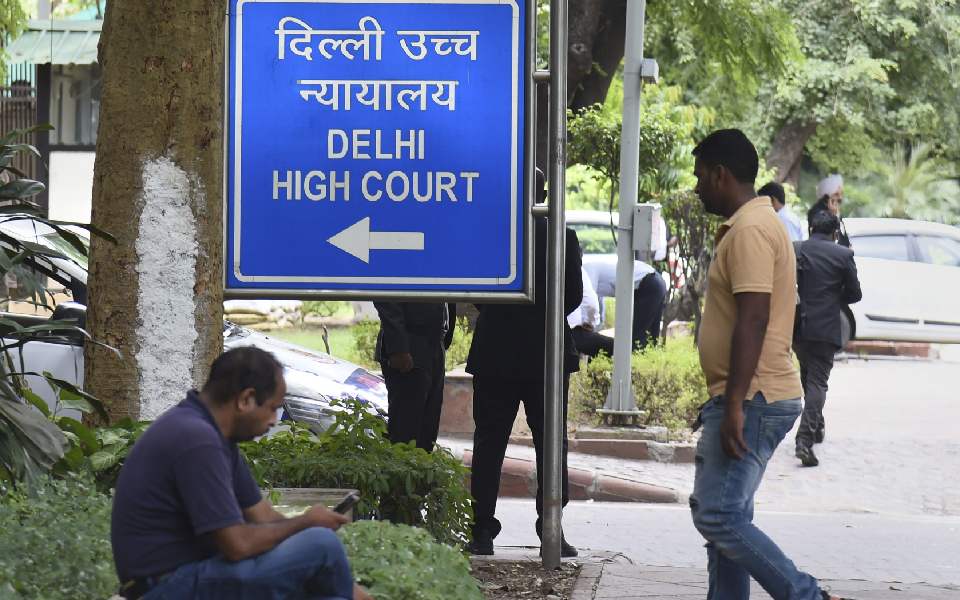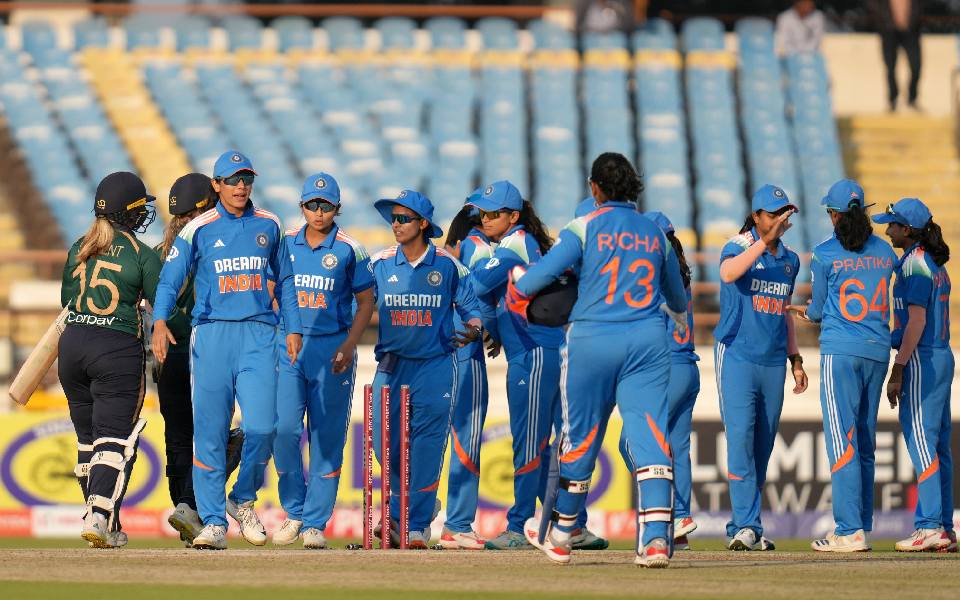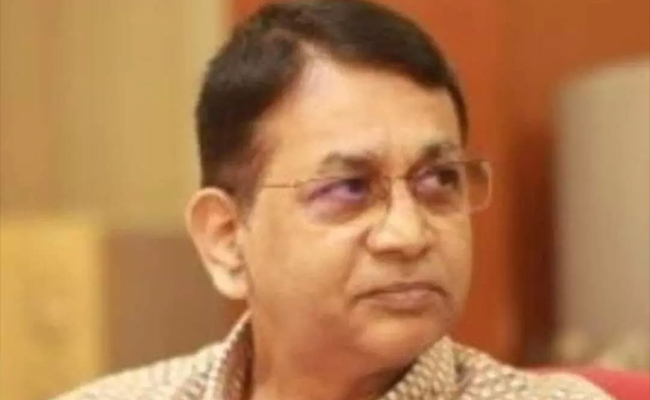New Delhi, Aug 6: The Delhi High Court has quashed an FIR against a teacher for allegedly slapping a three-year-old child nine years ago for failing to recite A, B, C, D.
The court passed the order noting that the teacher and the child's family intend to put a quietus to the proceedings arising out of a minor issue and pending for nine years, and that the settlement shall promote harmony between the parties and allow them to move forward in life.
"Also, the chances of conviction are bleak in view of an amicable settlement between the parties. Further, no past involvement of the petitioner (teacher) has been brought to the notice of this court," Justice Anoop Kumar Mendiratta said, adding that continuing with the proceedings would be nothing but an abuse of the process of the court.
An FIR was registered in 2015 on a complaint from the child's mother, alleging that when her son returned from school, he had injury marks on his face. The child informed his mother that as he was unable to recite A, B, C, D, he was slapped by the teacher.
The court noted that the child's statement was not recorded till police filed a chargesheet and the investigating agency never took the aid of a child psychologist or counsellor for the purpose of even ascertaining whether the three-and-a-half-year-old boy was in a position to correctly disclose the reason for a bruise on his face.
It noted that the chargesheet merely proceeded on the statement of the child's mother on assumption.
"Apparently, there was no motive on the part of the petitioner to cause any hurt and she categorically denied any such incident. Surprisingly, the metropolitan magistrate, after the filing of the chargesheet, vide order dated January 9, 2020, directed to record the statement of the victim in respect of an incident dated February 27, 2015, without even realising the value of such a delayed statement after a gap of five years," the court said.
It referred to a provision of the Right to Education Act that imposes an absolute bar on corporal punishment and mental harassment to a child that may take place in government or private schools for disciplining children.
The provision states that corporal punishment to a child in any form is deplorable, even though the motive may be to make the child realise that his act is unacceptable, wrong or disappointing.
Provisions under the Juvenile Justice Act also underscore the importance to uphold the dignity and rights of a child, the court noted.
Let the Truth be known. If you read VB and like VB, please be a VB Supporter and Help us deliver the Truth to one and all.
Rajkot, Jan 15: Records tumbled like nine pins as the Indian women's cricket team, powered by skipper Smriti Mandhana's 70-ball century, demolished Ireland by a whopping 304 runs to claim its biggest-ever ODI win and complete a 3-0 clean sweep here on Wednesday.
The result of the match was a mere formality once India set Ireland a massive target of 436, and Ireland could only garner 131 before getting bundled out in 31.4 overs.
India put the first step forward towards a crushing victory through record-breaking Mandhana (135, 80b, 12x4, 7x6) and her opening partner Pratika Rawal (154, 129b, 20x4, 1x6), reaching 435/5, highest total by an Indian team — men’s or women’s — in ODIs.
India men's highest ODI total is 418/5 made against the West Indies in Indore in 2011.
Mandhana and Rawal added a whopping 233 runs for the first wicket in just 26.4 overs and there was no looking back.
Then spinners Tanuja Kanwar (2/31) and Deepti Sharma (3/27) took over, sharing five wickets among them to decimate the Irish line-up, which was well short on experience.
Orla Prendergast (36) and Sarah Forbes (41) added 64 runs for a fluent third wicket stand that helped Ireland to recover from a shaky 24 for two to reach 88 without further damage.
But once Prendergast was cleaned up by Kanwar, India were all over the tourists like a bad rash, claiming the remaining seven wickets for just 33 runs.
It also helped India eclipse their previous largest margin of victory (by runs) — 249 registered against the same opposition in 2017 at Potchefstroom, South Africa.
Mandhana’s 10th ODI century came off just 70 deliveries as the left-hander surpassed Harmanpreet Kaur’s 87-ball hundred mark against South Africa last year.
It also set the tone for India breaching the 400-run mark for the first time, joining Australia and New Zealand in that elite list.
Mandhana was in her usual destructive self, and was not afraid to take the aerial route over the 'V' and clear the 30-yard circle.
Pratika complemented her captain brilliantly with a measured knock, making the occasion even more special by notching her maiden international century in her sixth innings.
Pratika relied on precise placement and deft touches in the point region and she showed her aggression only after reaching the ton, hitting Freya Sargent for her first six.
Demonstrating hunger for a bigger knock, she powered her way to an impressive 150 — a perfect blend of composure and aggression.
Their 233-run partnership made them only the fourth Indian pair to record a 200-run stand in Women’s ODIs.
It was also the third instance of both Indian openers scoring hundreds in ODIs, following Reshma Gandhi and Mithali Raj’s feat at Milton Keynes in 1999 and Deepti and Raut’s partnership at Potchefstroom in 2017 -- all against Ireland.
The duo added 90 runs during the Power Play and 67 in the subsequent 10 overs, maintaining a brisk scoring rate.
Mandhana reached her first century of the calendar year with an exquisite drive off Arlene Kelly.
Kelly bore the brunt of her onslaught, conceding successive sixes in one over.
Even Kelly’s variations, including back-of-the-hand deliveries, were dispatched with ease, with the Indian batter following a six with another boundary in the 24th over.
Mandhana also took on Ireland’s leading bowler, Prendergast, smashing her for a boundary down the ground and a towering six over long-on.
Promoted to No. 3, Richa Ghosh also returned to form, making a 37-ball fifty, her fifth in ODIs.





